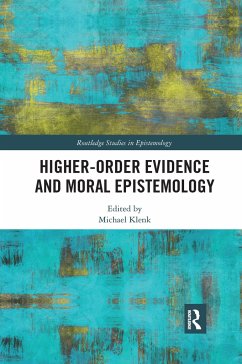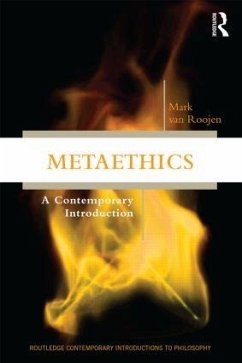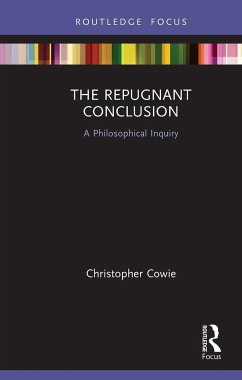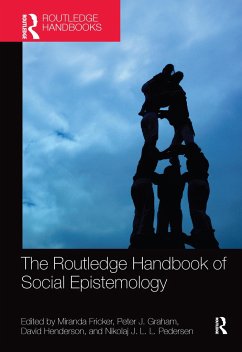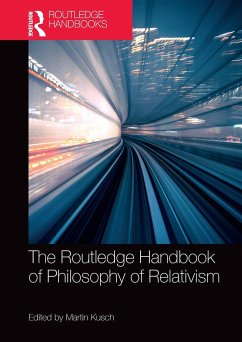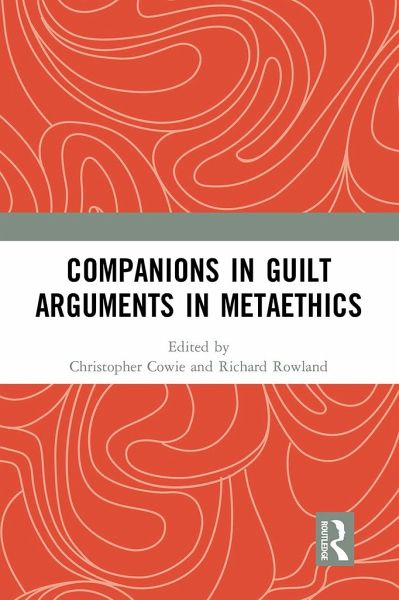
Companions in Guilt Arguments in Metaethics
Versandkostenfrei!
Versandfertig in 6-10 Tagen
46,99 €
inkl. MwSt.

PAYBACK Punkte
23 °P sammeln!
Comparisons between morality and other 'companion' disciplines - such as mathematics, religion, or aesthetics - are commonly used in philosophy, often in the context of arguing for the objectivity of morality. This is known as the 'companions in guilt' strategy. It has been the subject of much debate in contemporary ethics and metaethics.This volume, the first full length examination of companions in guilt arguments, comprises an introduction by the editors and a dozen new chapters by leading authors in the field. They examine the methodology of companions in guilt arguments and their use in r...
Comparisons between morality and other 'companion' disciplines - such as mathematics, religion, or aesthetics - are commonly used in philosophy, often in the context of arguing for the objectivity of morality. This is known as the 'companions in guilt' strategy. It has been the subject of much debate in contemporary ethics and metaethics.
This volume, the first full length examination of companions in guilt arguments, comprises an introduction by the editors and a dozen new chapters by leading authors in the field. They examine the methodology of companions in guilt arguments and their use in responding to the moral error theory, as well as specific arguments that take mathematics, epistemic norms, or aesthetics as a 'companion', and the use of the companions in guilt strategy to vindicate claims to moral knowledge.
Companions in Guilt Arguments in Metaethics is essential reading for advanced students and researchers working in moral theory and metaethics, as well as those in epistemology and philosophy of mathematics concerned with the intersection of these subjects with ethics.
This volume, the first full length examination of companions in guilt arguments, comprises an introduction by the editors and a dozen new chapters by leading authors in the field. They examine the methodology of companions in guilt arguments and their use in responding to the moral error theory, as well as specific arguments that take mathematics, epistemic norms, or aesthetics as a 'companion', and the use of the companions in guilt strategy to vindicate claims to moral knowledge.
Companions in Guilt Arguments in Metaethics is essential reading for advanced students and researchers working in moral theory and metaethics, as well as those in epistemology and philosophy of mathematics concerned with the intersection of these subjects with ethics.






